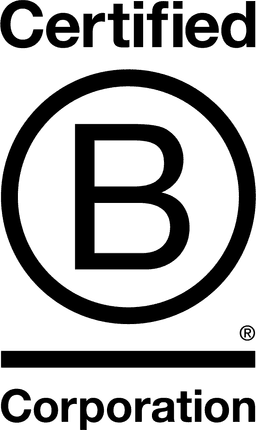

HUSO SAS - Caviar de Neuvic

1.6
Aquitaine, France
September 2023
Fishing & aquaculture
Manufacturing
France
Caviar de Neuvic, une entreprise française spécialisée dans l'élevage de l'esturgeon, la production de caviar et de produits fumés d'exception. Notre élevage repose sur un modèle d'intégration unique, constamment à la recherche de respect, l'excellence et de l’innovation. Nous accordons une attention particulière au bien-être des poissons, à la préservation de l'environnement, à la qualité de l'eau, ainsi qu'à une alimentation adaptée et biologique, afin de garantir des œufs de caviar de la plus haute qualité. Fondée en 2011 par Laurent DEVERLANGES, notre entreprise compte désormais 60 employés en France et réalise un chiffre d'affaires de près de 10 millions d'euros. L'obtention de la certification B Corp par Caviar de Neuvic (Sept 2023 - Première pisciculture de caviar certifiée au monde) représente une étape historique, affirmant notre statut de pionnier. De plus, nous sommes la seule entreprise en France à proposer du caviar certifié biologique. Chaque année, nous ouvrons nos portes à plus de 10 000 visiteurs, qu'ils soient particuliers ou professionnels, pour leur faire découvrir notre savoir-faire engagé, en Dordogne. En tant que marque contemporaine, c’est avec fierté que nous proposons des produits de partage pour des moments d’exceptionsAujourd'hui, Cavia
Overall B Impact Score
Governance 14.8
Governance evaluates a company's overall mission, engagement around its social/environmental impact, ethics, and transparency. This section also evaluates the ability of a company to protect their mission and formally consider stakeholders in decision making through their corporate structure (e.g. benefit corporation) or corporate governing documents.
What is this? A company with an Impact Business Model is intentionally designed to create a specific positive outcome for one of its stakeholders - such as workers, community, environment, or customers.
Workers 24.7
Workers evaluates a company’s contributions to its employees’ financial security, health & safety, wellness, career development, and engagement & satisfaction. In addition, this section recognizes business models designed to benefit workers, such as companies that are at least 40% owned by non-executive employees and those that have workforce development programs to support individuals with barriers to employment.
Community 14.6
Community evaluates a company’s engagement with and impact on the communities in which it operates, hires from, and sources from. Topics include diversity, equity & inclusion, economic impact, civic engagement, charitable giving, and supply chain management. In addition, this section recognizes business models that are designed to address specific community-oriented problems, such as poverty alleviation through fair trade sourcing or distribution via microenterprises, producer cooperative models, locally focused economic development, and formal charitable giving commitments.
Environment 37.5
Environment evaluates a company’s overall environmental management practices as well as its impact on the air, climate, water, land, and biodiversity. This includes the direct impact of a company’s operations and, when applicable its supply chain and distribution channels. This section also recognizes companies with environmentally innovative production processes and those that sell products or services that have a positive environmental impact. Some examples might include products and services that create renewable energy, reduce consumption or waste, conserve land or wildlife, provide less toxic alternatives to the market, or educate people about environmental problems.
What is this? A company with an Impact Business Model is intentionally designed to create a specific positive outcome for one of its stakeholders - such as workers, community, environment, or customers.
Customers 3.3
Customers evaluates a company’s stewardship of its customers through the quality of its products and services, ethical marketing, data privacy and security, and feedback channels. In addition, this section recognizes products or services that are designed to address a particular social problem for or through its customers, such as health or educational products, arts & media products, serving underserved customers/clients, and services that improve the social impact of other businesses or organizations.